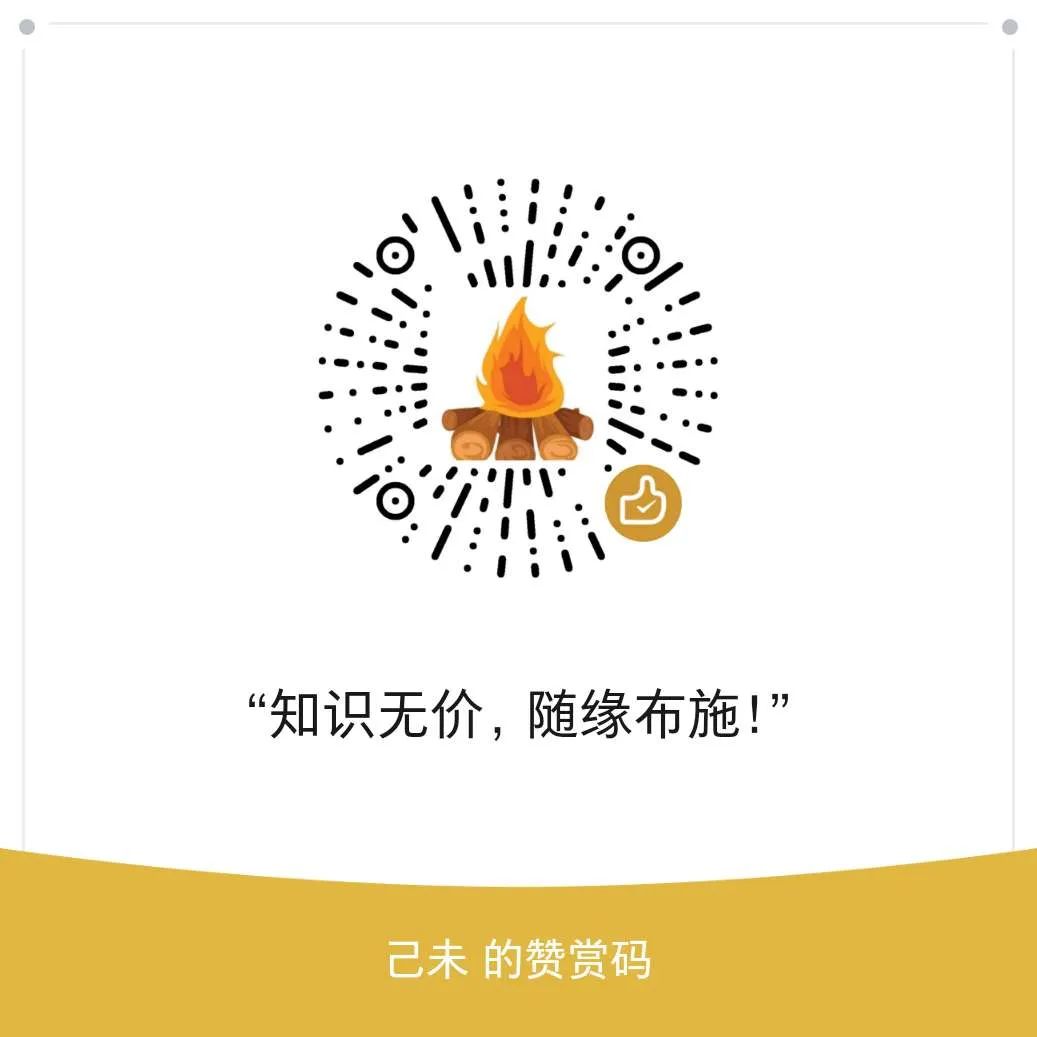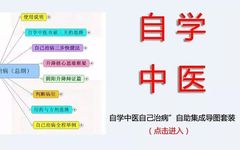




1. Spleen and Stomach Section
1. “Three Turbidities” and the Spleen-Stomach: The Huangdi Neijing states: “All dampness and swelling belong to the spleen.” This means that most cases of edema and abdominal distension are closely related to the spleen. Discomfort and pathological changes caused by dampness in the body mostly stem from spleen deficiency. Here, we focus on “dampness.” It is often heard that people mention concepts like “cold dampness,” “dampness qi,” “turbid dampness,” and “phlegm dampness.” These terms are essentially equivalent to what Master Zhongli refers to as the “Three Turbidities (turbid qi, turbid water, and retained stool).” Master Zhongli’s terminology is more accessible and easier for the public to understand. If the spleen and stomach are not functioning well, food cannot be fully digested, and many semi-digested products will seep into the bloodstream, becoming a significant source of the Three Turbidities; another situation is that if the spleen and stomach are weak, their ability to transform is poor, leading to food residues accumulating in the intestines and not being expelled in time, with some waste seeping into the bloodstream, thus becoming the Three Turbidities. These Three Turbidities can be extremely harmful, potentially obstructing meridians and blood vessels, accumulating in the liver to promote fatty liver, affecting sleep through the blood (if the stomach is not harmonious, sleep will be disturbed), forming abscesses and lumps, and breeding pathogens and viruses, making them a source of myriad diseases. The statement “All dampness and swelling belong to the spleen” clearly indicates the direction for treating various “turbid dampness” diseases; strengthening the spleen and stomach is undoubtedly a convenient method for treatment.
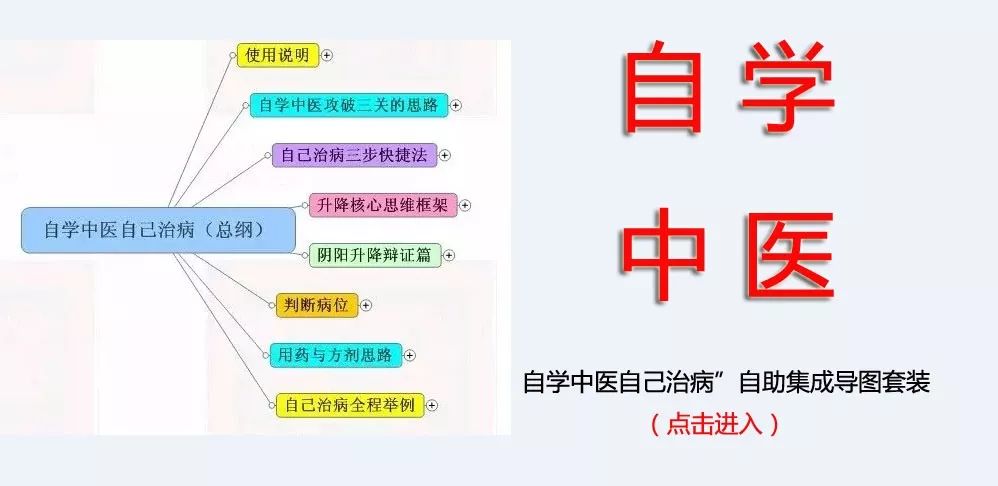
2. Muscle Condition – The Spleen Governs Muscle: The Neijing states, “The spleen governs muscle.” If the muscles are slack, lacking elasticity, or if there is excess fat, it indicates poor spleen and stomach function. One situation is that the spleen and stomach cannot transform food into qi and blood to nourish the muscles, leading to semi-digested products turning into fat and excess flesh, accumulating throughout the body; another, more severe situation is that if the spleen and stomach are very weak, they may not even be able to produce enough blood and qi to maintain basic bodily functions, causing the body to draw on stored sugars in the muscles for emergency (muscles are a huge sugar reservoir, an energy store for the body), resulting in muscle depletion. Individuals who have severely depleted their vital energy, such as those undergoing chemotherapy, radiotherapy, or major surgeries, may also experience similar phenomena due to severe blood and qi deficiency, leading to slack and depleted muscles.
3. Observing Infants to Assess Spleen and Stomach Function: Infants have relatively weak spleen and stomach functions. Porridge and soup are the easiest to digest, so they can only drink milk at birth, gradually moving to porridge and soft foods, and only at a certain stage can they eat solid food. During childhood, they still tend to prefer sweet foods (the flavor of the spleen is sweet, and sweetness corresponds to the spleen). This indicates that for individuals with spleen and stomach deficiency, consuming porridge and soft foods is a very effective treatment method. Conversely, if one only feels comfortable eating such foods or has a preference for sweets, it indicates a relatively weak spleen and stomach. 4. Lips – The Spleen Opens to the Lips: “The spleen opens to the lips,” and “the glory of the spleen is in the lips” (Neijing). Individuals with good spleen and stomach function will notice their lips become much more rosy shortly after eating; conversely, if the lips are pale, lack color, are dry, prone to cracking, or have a noticeable outward flip (the spleen does not bind the muscles), it indicates poor spleen and stomach function.
5. Nose Tip and Wings: The tip and wings of the nose are the facial reflex zones for the spleen and stomach. Alcohol is a hot substance, so individuals who consume excessive alcohol over a long period will have redness in the tip and wings of the nose, commonly referred to as “alcoholic nose.” The stomach meridian runs down the nose, and those with red wings often have heat in the stomach. Individuals with stomach heat are also prone to hunger, bad breath, and swollen, painful gums, among other symptoms – these phenomena are directly caused by the accumulation of dampness and turbidities in the stomach meridian, with qi and blood rising and affecting the head, face, and oral cavity. The deeper cause is still spleen deficiency. The spleen’s ability to transform is inadequate, causing food to accumulate in the stomach, and coupled with a sluggish intestinal tract, food residues descend slowly, leading to heat and putrefaction over time; if the tip of the nose lacks color, especially if it is very pale, it indicates a deficiency of the spleen’s ability to produce blood and qi, suggesting a possibility of anemia; if the nostrils are often dirty, black, and oily, resembling they have not been cleaned, or if there are bumps, it indicates that the blood and qi in the stomach meridian are turbid, with dampness and turbidities accumulating, leading to deposits in the nose tip and wings. From a beauty perspective, if one truly wants to eliminate “blackheads,” regulating the spleen and stomach is the fundamental method.
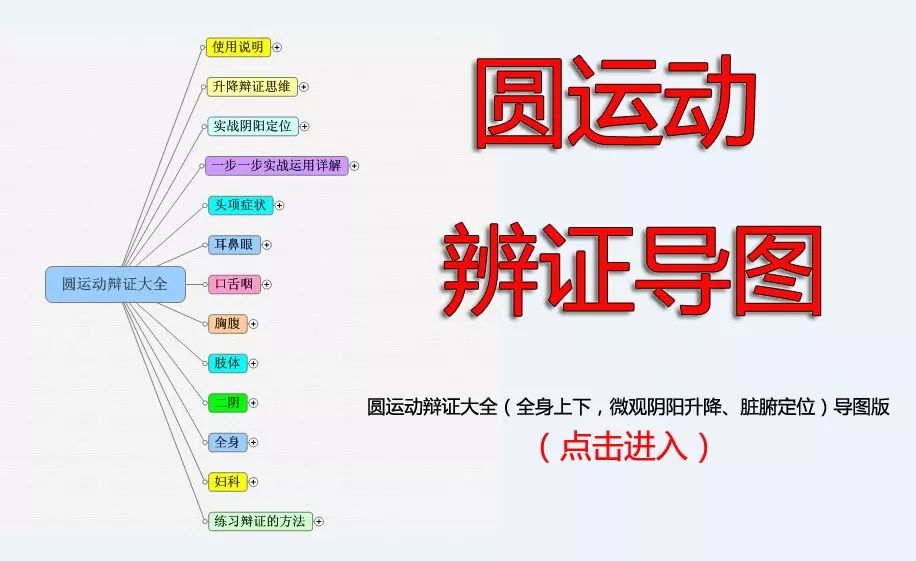
6. Diarrhea and Constipation: As mentioned earlier, the deeper cause of stomach heat is still spleen deficiency. A significant portion of constipation is also related to stomach heat, where food residues descend slowly, losing moisture, and by the time they reach the large intestine, they have become very dry, resulting in constipation. Some friends have found that after performing abdominal massage, their bowel movements have become much smoother; this is because abdominal massage promotes gastrointestinal peristalsis, accelerating the descent of food residues. If combined with daily tapping of the Zusanli (足三里) point, massaging the lower leg spleen meridian, and cupping at the Zhongwan (中脘) point, the effect should be even better.
Stools that are often unformed, very loose, and watery are due to cold deficiency of the spleen and stomach, and it is very likely a case of both spleen and kidney deficiency (insufficient kidney qi can lead to various cold deficiency symptoms). Treatment methods include warming moxibustion at the Zhongwan, Zusanli, and Guanyuan (关元) points, drinking a cup of ginger, jujube, and brown sugar water daily to warm the stomach, promote circulation, dispel cold, and nourish blood, and using abdominal massage to eliminate the Three Turbidities and regulate the spleen and stomach.
7. Eye Bags: During normal sleep, blood returns to the liver for detoxification. Those who stay up late do the opposite, reducing the blood returning to the liver for detoxification, causing the blood to become turbid; on the other hand, when staying up late, the brain is active, calling upon blood and qi to maintain energy, resulting in blood and qi rising, which inevitably reduces blood supply to the spleen and stomach, suppressing digestion, leading to more semi-digested food seeping into the bloodstream, which also causes blood and qi to become turbid. The stomach meridian is one of the meridians rich in blood and qi, and the area of eye bags is precisely the starting point of the stomach meridian, making it prone to the deposition of turbid substances, which is why those who stay up late often have dark circles, reflecting the turbidity of blood and qi. From this example of staying up late, we can clearly see the correlation between the liver-gallbladder and spleen-stomach. The size, color, and darkness of the lower eye bags can reflect the condition of the spleen and stomach. If the eye bags are large, swollen, or dark, it indicates poor spleen and stomach function, with excessive dampness and turbidities.
8. Acne: Observing the meridian chart, the areas on the cheeks where acne tends to appear are precisely where the stomach meridian runs. The presence of acne is usually the result of qi and blood rising in the stomach meridian, with dampness and turbidities seeping out through the facial skin. Relying on topical ointments to eliminate acne may provide temporary relief. It is like pouring cold water into a boiling pot of dumplings; the water may temporarily not spill out, but to eradicate the problem, one must turn off the heat below. How to turn off the heat? By eliminating the Three Turbidities, tapping the stomach meridian, and strengthening the spleen and stomach.
9. Liver Yang and Spleen Deficiency, and Spleen-Kidney Deficiency: Spleen deficiency rarely occurs in isolation; it is always associated with imbalances in other organs. The most common are “Liver Yang and Spleen Deficiency” and “Spleen-Kidney Deficiency.” Generally speaking, those who are easily irritated, prone to anger (even if not expressed, it is still considered), experience constipation, and often have symptoms of sore throat, tongue sores, and swollen, painful gums, are mostly of the “Liver Yang and Spleen Deficiency” type, requiring simultaneous liver soothing and spleen strengthening; while those with diarrhea, loose stools, fear of cold, poor spirit, forgetfulness, insomnia, lack of concentration, low energy, lack of enthusiasm for work and life, and poor appetite are mostly of the Spleen-Kidney Deficiency type, requiring simultaneous spleen strengthening and kidney tonification. Of course, there are also cases where liver fire, spleen deficiency, and kidney deficiency occur simultaneously, such as being afraid of both cold and heat, being easily angered yet forgetful, and having difficulty concentrating, which requires a comprehensive approach of soothing the liver, strengthening the spleen, and tonifying the kidney.
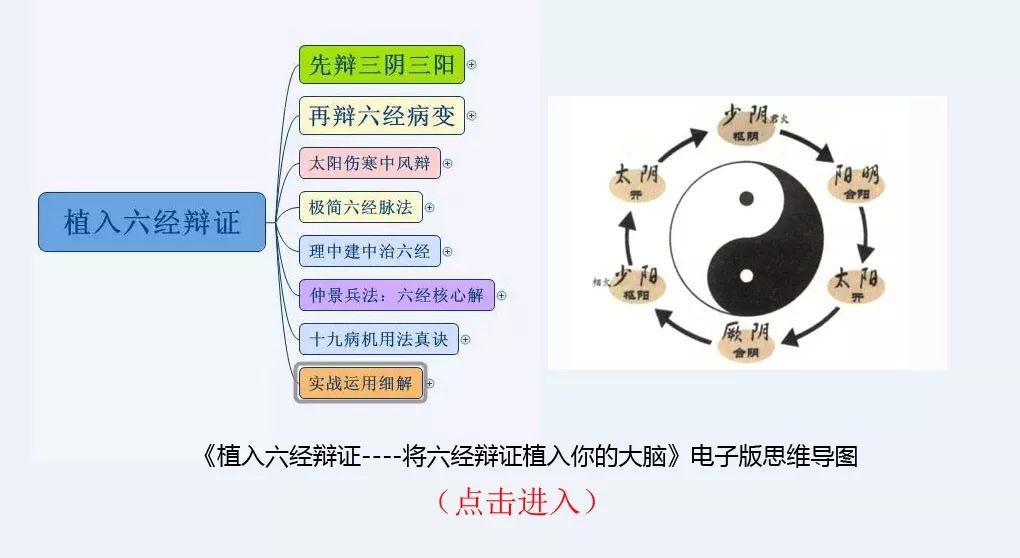
Methods to Strengthen the Spleen and Stomach:
1. Abdominal Massage: This directly promotes intestinal peristalsis and can also massage the spleen and stomach meridians passing through the abdomen, eliminating the Three Turbidities and facilitating the intestines, achieving multiple benefits.
2. Massage the Spleen Meridian on the Lower Leg: Points such as Xuehai (血海), Taibai (太白), Gongsun (公孙), Sanyinjiao (三阴交), and Yinlingquan (阴陵泉) are all very useful, directly increasing the qi and blood supply to the spleen and enhancing its transformation ability.
3. Massage the Stomach Meridian: This increases the qi and blood supply to the stomach and accelerates absorption. The Zusanli (足三里) point is a major health point, particularly suitable for regulating stomach diseases. It is emphasized that because the qi and blood flow of the stomach meridian goes from head to foot, massaging the Zusanli should be done from top to bottom for better results.
Combining Zusanli massage with cupping at Zhongwan and massaging the Gongsun point of the spleen meridian can also yield good results. The Shangjuxu (上巨虚) point on the stomach meridian can regulate the large intestine, while the Xiaojuxu (下巨虚) point can regulate the small intestine, and together with Zusanli, the entire intestinal tract can be adjusted.
4. For those with cold stomach and weak spleen and stomach functions, warming moxibustion at Zhongwan and Zusanli is very effective and direct. If there is stomach heat, moxibustion at Zhongwan may cause discomfort; in this case, cupping or massage at Zhongwan can be used instead.
5. Yam, Job’s Tears, and Coix Seed Porridge: This focuses on replenishing the qi and blood of the stomach and intestines. Ginger, jujube, and brown sugar water (to be consumed before noon) warm the stomach, promote circulation, and dispel cold. Additionally, porridge (millet porridge is best) and soup-based foods are more nourishing for the spleen and stomach, while solid meats, dry rice, and dried fruits are harder to digest and can harm the spleen and stomach. Beef soup replenishes deficiencies, strengthens the spleen and stomach, and is easy to digest, making it an excellent food for nourishing the spleen and stomach (to be discussed further in the dietary therapy section).
6. Soothe the Liver to Strengthen the Spleen: The liver governs blood storage, acting as a large blood reservoir. If liver fire is excessive or liver qi is stagnant, it means that liver blood is being drawn upwards, which will reduce blood supply to the spleen. Additionally, the likelihood of blood returning to the liver for detoxification decreases, leading to turbid blood supply to the spleen, which in turn reduces the spleen’s transformation ability. This explains why many people lose their appetite (liver fire) when angry (spleen deficiency), and may even experience stomach pain (due to spleen deficiency leading to food accumulation in the stomach, causing putrefaction and heat that burns the stomach wall). In reality, many individuals with excessive liver yang and spleen deficiency exist (especially women), and soothing the liver and strengthening the spleen should be done in tandem for the best results.
7. Kidney Deficiency Weakens the Spleen: “The kidney is the root of strength” (Neijing). The adequacy of kidney qi determines whether the five organs and six bowels can operate efficiently and effectively, including the spleen. Spleen-kidney deficiency is a common physical characteristic among many men, especially those with cold stomach and unformed stools, and it is essential to strengthen the spleen and tonify the kidney simultaneously.
2. Liver and Gallbladder Section: 1. For example, if one has a strong aversion to greasy foods or feels nauseated at the sight of oil, it may indicate weakened liver and gallbladder function, with excessive fats in the body that are difficult to break down, leading to an instinctive rejection of greasy foods.
2. Observing the Meridian Pathways: Pressing the Tai Chong (太冲) point on the foot may cause slight soreness, which is normal. This point is the outlet for liver fire. If it is very painful or numb, it indicates blockage, suggesting excessive liver fire or stagnant liver qi. Referring to the meridian chart, the areas of migraine and head heaviness correspond to the gallbladder and Sanjiao meridians, which are pathways for liver fire discharge, indicating that stagnant liver qi may lead to blockage in the gallbladder and Sanjiao meridians, causing pain. The sides of the ribs correspond to the gallbladder meridian; if there is dull pain or distension, it indicates stagnant liver qi and poor gallbladder flow. Pain or numbness on the outer side of the leg is related to the gallbladder meridian, and discomfort is often associated with gallbladder blockage. Freckles, bumps, red spots, or black moles on the outer edges of the eyebrows and eyes, such as chloasma, butterfly spots, and age spots, correspond to the gallbladder and Sanjiao meridians, indicating poor blood and qi flow in these meridians, leading to deposits and the formation of spots; or turbid substances in the blood seeping into the skin, causing inflammation and red bumps.
3. Other: “All wind and dizziness belong to the liver” (Huangdi Neijing). Spasms, cramps, tremors, and muscle twitching are mostly related to poor liver condition; dizziness, including mild cases like motion sickness, seasickness, and nausea on a merry-go-round, as well as feelings of light-headedness and easy falls, may be related to excessive liver fire, with blood and qi rising to the head and failing to descend, causing reversal of qi.
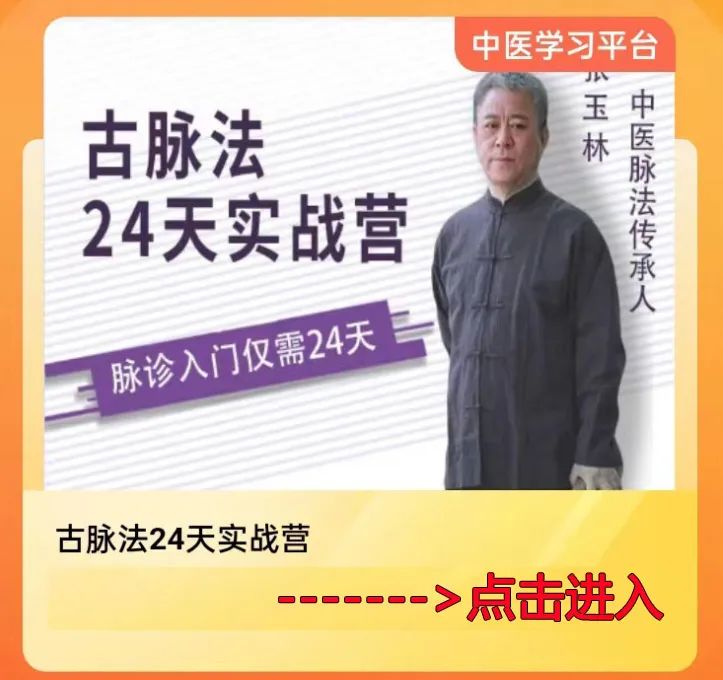
Bitterness in the Mouth: The most bitter substance in the body is bile. Traditional Chinese medicine believes that bitterness in the mouth is often caused by bile overflow, which is usually due to stagnant liver qi leading to blockage in the gallbladder meridian.
Red Eyes with Bloodshot Veins: This is a result of excessive liver fire. Those who stay up late need to draw on liver fire to maintain energy, leading to excessive liver fire. The liver opens to the eyes, so after staying up late, the eyes often appear bloodshot. Alcohol damages the liver because of its hot nature, causing a large amount of blood to flow to the head and face, thus depleting liver blood and causing excessive liver fire, which is why those who are intoxicated often have red faces and bloodshot eyes. If one has not consumed alcohol or stayed up late but still has frequent bloodshot eyes, it indicates a constitution of excessive liver fire.
Frequent Blinking, Cloudy Eyes, Swollen Eyes, and a Sense of Protrusion: The liver opens to the eyes, indicating poor liver and gallbladder function. When angry, the liver fire rises, causing the eyes to bulge. If you do not feel angry but still experience bulging, swelling, and a sense of protrusion in the eyes, it indicates a constitution of excessive liver fire.
Easy Irritability, Restlessness, and Frequent Unexplained Anger: The Huangdi Neijing states: “The liver is associated with anger.” Those with excessive liver fire are prone to anger. If one often feels angry but cannot express it, it leads to stagnant liver qi.
Rough or Fungal Nails: If the veins on the hands are always bulging, this is referred to in traditional Chinese medicine as “nails not smooth.” “The liver’s glory is in the nails” (Huangdi Neijing), meaning that strong liver and gallbladder function leads to healthy, smooth, and shiny nails. Conversely, poor liver and gallbladder condition leads to bulging veins and excessive liver fire.
Loss of Flexibility, Stiffness in Joints, Weakness in Muscles, and Difficulty in Movement: When the liver and gallbladder are in poor condition, one may experience symptoms such as stiffness (like ankylosing spondylitis) or muscle atrophy, leading to weakness in the limbs, as the Huangdi Neijing states: “(Muscles) contract short for stiffness, and elongate for atrophy.” If the liver’s qi and blood are deficient, the muscles and tendons will not be nourished, leading to the above symptoms.
Enjoying Shouting or Finding Joy in Loud Singing: The liver governs “shouting” (Huangdi Neijing). When liver qi is stagnant, shouting can help release the stagnant energy, providing relief.
Many people with poor spleen and stomach function also have excessive liver fire and spleen deficiency. As the saying goes, “When someone gets angry, they can’t eat.” Anger leads to excessive liver fire, causing qi and blood to rise, and the phrase “anger causes the crown to fly” may be exaggerated, but it vividly illustrates the phenomenon of excessive liver fire and rising qi and blood. The liver, gallbladder, spleen, and stomach are all located in the middle jiao, and the result of rising qi and blood must reduce blood supply to the spleen and stomach, thus slowing digestion and creating a feeling of not being able to eat. The functions of the spleen and stomach are closely linked to those of the liver and gallbladder. If you find that your spleen and stomach are not functioning well even when you are not angry, consider that you may have a constitution of excessive liver fire or stagnant liver qi.
3. Kidney and Bladder Section: The bladder and kidneys are interrelated. As the saying goes, “Someone was so scared they wet themselves.” The Neijing states: “Fear injures the kidneys.” This indicates that fear and shock can harm kidney qi, leading to a loss of control over the bladder, resulting in incontinence. Greater fear may even cause simultaneous loss of bowel and bladder control. Insufficient kidney qi often leads to frequent urination and urgency (for example, urinating more than three times at night under normal drinking conditions). This is because the driving force for bladder function comes from the kidneys; insufficient kidney qi leads to “the bladder not being controlled,” resulting in weakness in retention, hence frequent urination and dribbling. “Fear injures the kidneys” suggests that individuals with insufficient kidney qi may have timid personalities, lacking confidence, and being easily frightened.
Kidneys and Cold: The Neijing states: “All coldness is related to the kidneys.” While there may be many reasons for being sensitive to cold, the deeper reason lies in insufficient kidney qi. Many young men may not feel cold in winter even when dressed lightly, while many elderly individuals feel the need to wear thick clothing as soon as the weather turns cool. The difference lies in the fact that young men have sufficient kidney qi and strong vitality.

Kidney Qi and Mental State: One netizen had his son practice the “Golden Rooster Stands on One Leg” and unexpectedly found that his son’s academic performance improved. Why is this? Traditional Chinese medicine believes that the kidneys produce bone marrow, which connects to the brain, as “the brain is the sea of marrow” formed by the aggregation of bone marrow. Practicing the Golden Rooster Stands on One Leg can promote the downward flow of qi and blood, thus solidifying and tonifying the kidneys. Sufficient kidney qi leads to healthy brain marrow, making the child more focused and intelligent, resulting in improved academic performance. Conversely, if kidney qi is insufficient, one may experience difficulty concentrating, muddled thinking, memory decline, constant drowsiness yet unable to sleep, and difficulty falling asleep, leading to fatigue and decreased work efficiency, which may attract dissatisfaction from superiors.
Kidney Qi, Prostatitis, and Premature Ejaculation: Insufficient kidney (water) can lead to excessive heart (fire) and mental unrest. When the mind is unsettled, it is easier to be disturbed by external sexual stimuli, leading to premature ejaculation. Due to the floating heart fire, the mind is easily tempted by sexual allure, causing the prostate to become congested and leading to many cases of prostatitis resulting from insufficient kidney qi and disharmony between the heart and kidneys.
Kidneys and Hair: The Neijing states: “The kidney’s glory is in the hair.” If the hair is dry, lacks luster, and falls out in large amounts after washing, it may indicate insufficient kidney qi.
Kidneys and Bones, Teeth: The Neijing states: “The kidneys govern bones, store essence, and essence produces marrow; teeth are the surplus of bones.” Elderly individuals often have insufficient kidney qi, leading to brittle bones and a higher risk of fractures; children, on the other hand, have abundant kidney qi reserves, making their bodies more flexible. Conditions like osteoporosis and avascular necrosis of the femoral head are closely related to the kidneys, either due to insufficient kidney qi or damage to kidney qi from chemical drugs. Insufficient kidney qi leads to weak bone qi, making it feel tiring to lift heavy objects and unable to endure. Tooth pain that is not due to gum swelling, but rather from dental pulp pain or exposed roots, is often related to insufficient kidney qi.
Kidneys and Lower Back Pain: The Neijing states: “The lower back is the residence of the kidneys.” Lower back pain does not necessarily result from insufficient kidney qi, but if you experience several of the aforementioned symptoms along with frequent lower back pain, feeling sore after sitting for two hours, it is likely due to kidney deficiency. The Neijing states: “(The lower back) cannot turn, and the kidneys will be fatigued.” This is a good explanation.
Kidneys and Rapid Heartbeat: Palpitations and tachycardia can have many causes, but if you have several of the symptoms listed above, your rapid heartbeat may be related to kidney deficiency. This is due to insufficient kidney qi leading to excessive heart fire. If you squat for a while and feel dizzy and have tinnitus upon standing, this is also related to insufficient kidney qi.
Recommended Books for Purchase:
(This article is reproduced from the internet, and the copyright belongs to the original author. If there is any infringement, please contact us for deletion!)
Original Article Extended Reading:
Supplementary Section on COVID-19: The Five Battlefields and Five Treatment Methods in the War Against the Virus!—> Click to Read
Very Important: The Pathogenesis, Differentiation, and Treatment Methods of XG Pneumonia! (Must Read)—> Click to Read
Six Meridians and Six Major Disease Locations – The Three Yin Cold Evil Disease Locations! (Understanding the Last Article on Cold Damage)—> Click to Read
Six Meridians and Six Major Disease Locations – The Shaoyang Meridian Disease Locations! (A Small Chaihu Decoction Conquers All)—> Click to Read
Six Meridians and Six Major Disease Locations – The Yangming Meridian Disease Locations! (Treating Damp-Heat is Crucial)
Six Meridians and Six Major Disease Locations – The Taiyang Meridian Disease Locations! (This Article Understands the Taiyang Meridian)
Six Meridians and Six Layers of Vital Energy Recovery! (Complete Explanation of Self-Healing Energy)—> Click to Read
Comprehensive Explanation of Cervical Spondylosis! (Treatment Methods + Secret External Treatments)—> Click to Read
Comprehensive Explanation of Tooth Pain! (Cold Damage Thinking, Pathogenesis Differentiation, and Classic Formula Representation)—> Click to Read
Comprehensive Explanation of Insomnia! (Pathogenesis Differentiation + Core Ideas for Settling Yang)—> Click to Read
Comprehensive Explanation of Fever! (Pathogenesis Differentiation of Cold Damage Thinking, Internal and External Treatment Methods)—> Click to Read
Comprehensive Explanation of Headaches! (Learning the Essentials of Differentiation)—> Click to Read
For more exclusive traditional Chinese medicine secrets, scan the QR code below to follow our public account:

Traditional Chinese Medicine Internal Treatment Course:
“Simplified Classic Formula Online Class” one-on-one, from differentiation to using classic formulas, fully imparted!!!(Click to Enter)
Traditional Chinese Medicine External Treatment Course:
“Hands-On Traditional Chinese Medicine” can treat diseases without any foundation!!! (One-on-one teaching)(Click to Enter)
Traditional Chinese Medicine Learning Mind Map Series:
“Embedding Six Meridians Differentiation” – Electronic Mind Map for Embedding Six Meridians Differentiation into Your Brain(Click to Enter)
Self-Learning Traditional Chinese Medicine to Treat Yourself – Self-Help Integrated Mind Map Set(Click to Enter)
Yin-Yang Unified Treatment Method (Returning Complex Traditional Chinese Medicine to the One-Yuan Path)(Click to Enter)
Comprehensive Dialectical Map of Circular Motion (Microcosmic Yin-Yang Ascending and Descending, Organ Positioning) Mind Map Version(Click to Enter)
If this article has helped you
Please scan to reward,as you wish

